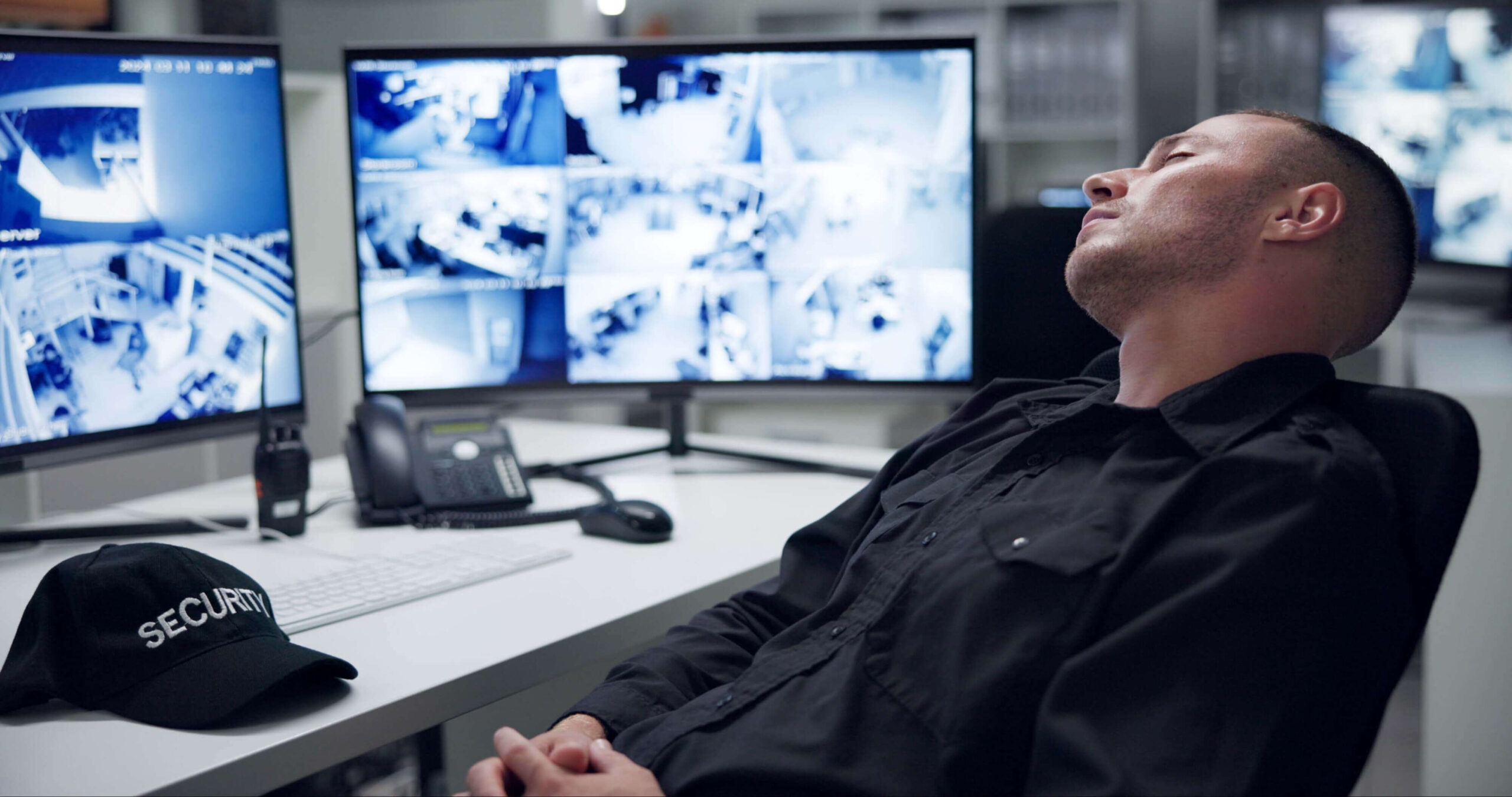If you’ve been injured due to an attack or assault on someone else’s property, you might be wondering if the property owner is partially responsible. In Georgia, the answer could be yes. Property owners have a legal duty to provide reasonable security measures to protect their visitors. When they fail to do so, it’s known as negligent security, and victims may have the right to seek compensation. This post from Joshua E. Palmer Law will help you understand your rights as a victim and how an attorney can support your claim.
What is Negligent Security?
Negligent security is a type of premises liability claim. It arises when a property owner or manager fails to take reasonable steps to ensure the safety of those on their property. This failure can lead to criminal activity, such as assaults, robberies, or other violent crimes, that harm guests or tenants.
Examples of negligent security include:
- Inadequate lighting in parking lots or stairwells.
- Lack of functional security cameras or broken surveillance equipment.
- No security guards or improperly trained security staff.
- Unsecured entrances or exits, such as broken doors or locks.
Negligent security can occur in various settings, including:
- Apartment complexes
- Shopping malls
- Parking garages
- Hotels or motels
- Bars or nightclubs
If you are injured on someone else’s property due to a criminal act, and that act could have been prevented with proper security measures, you may have a negligent security claim.
Legal Basis for Negligent Security Claims in Georgia
In Georgia, property owners are required by law to keep their premises reasonably safe. This includes taking steps to prevent foreseeable criminal activity. The key legal concept here is premises liability, which means that owners can be held accountable if their failure to maintain safe conditions leads to someone getting hurt.
Georgia courts look at whether the crime was foreseeable for a negligent security claim. Property owners are not automatically responsible for every crime. Still, if there’s a pattern of criminal activity in the area or if there’s been a history of similar incidents on the property, the crime may be considered foreseeable. This creates a duty for the property owner to take reasonable steps to protect visitors.
Proving Negligent Security
To succeed in a negligent security claim, you must prove four key elements:
- Duty of Care: The property owner owed you a duty to keep the premises reasonably safe. This means they should have taken steps like installing proper lighting, securing entrances, or hiring trained security personnel.
- Breach of Duty: The property owner failed to meet their duty. For example, they didn’t repair broken security cameras or failed to hire security staff in a high-crime area.
- Causation: The property owner’s failure to provide adequate security caused your injury. You’ll need to show that if proper security measures had been in place, the crime—and your injury—likely wouldn’t have happened.
- Damages: You suffered actual harm as a result of the crime, such as medical bills, lost wages, physical injuries, or emotional distress.
Evidence is critical to proving these elements. This can include surveillance footage showing a lack of security, witness testimony, police reports, and records of previous crimes in the area.
Common Injuries and Scenarios Resulting from Negligent Security
Negligent security can result in a wide range of injuries and emotional harm, depending on the circumstances of the criminal activity. Common examples include:
- Physical injuries from assaults, such as broken bones, head trauma, or knife wounds.
- Injuries from robberies or muggings, such as being struck by a weapon.
- Psychological harm, including post-traumatic stress disorder (PTSD) or severe anxiety, which can significantly impact a victim’s quality of life.
Negligent security is particularly common in areas where crime rates are high, and property owners should be aware of these risks. In Georgia, apartment complexes, shopping centers, and parking lots have seen many such cases, as these are prime spots for criminal activity when security measures are insufficient.
Your Rights as a Victim
As a victim of a crime resulting from negligent security, you have the right to seek compensation for the damages you’ve suffered. This includes:
- Medical expenses: Coverage for hospital bills, surgeries, and ongoing medical treatments.
- Lost wages: Compensation for time you were unable to work due to your injuries.
- Pain and suffering: Damages for the emotional and physical toll of the incident.
- Loss of future earning capacity: If your injuries impact your ability to work in the future.
In Georgia, the statute of limitations for filing a negligent security claim is two years from the date of the incident. This means that you must act quickly to preserve your right to pursue compensation.
Protect Your Rights After a Negligent Security Incident
Negligent security can have life-altering consequences, but as a victim, you don’t have to face the situation alone. You have the right to hold property owners accountable for failing to keep you safe. Working with an experienced attorney is the best way to ensure your rights are protected and you receive the compensation you deserve. If you or a loved one has been injured due to negligent security, contact us today.
